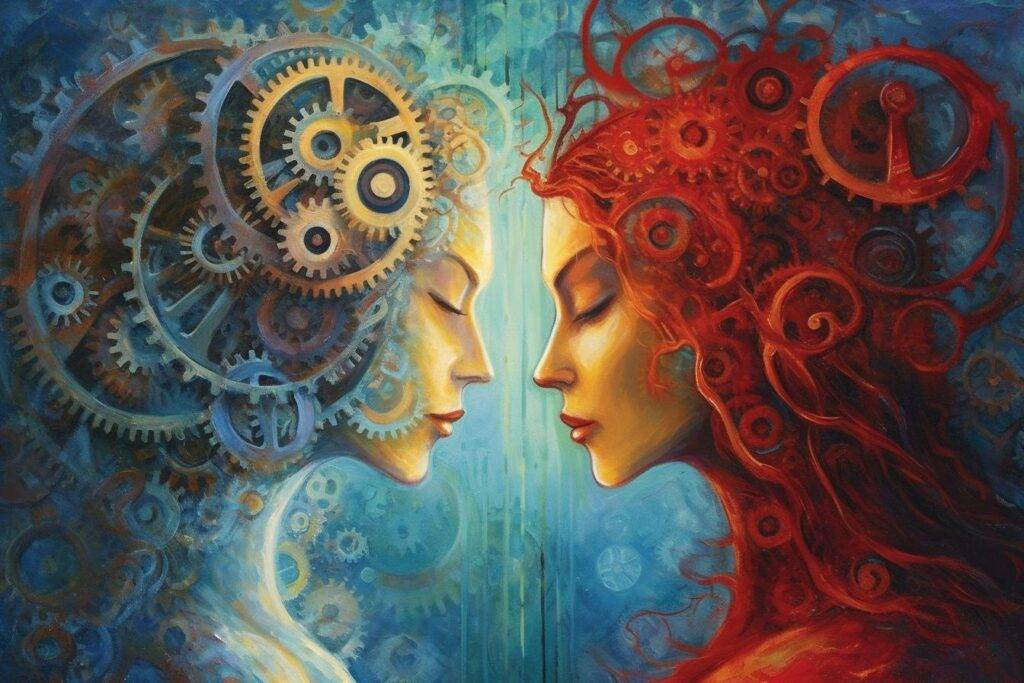Love is an emotion that has inspired countless stories, songs and works of art. From the feeling of falling in love to the heartache of lost love, love has captivated people for centuries. Yet, despite our experience of love, it remains a complex and elusive emotion that is difficult to understand.
One of the reasons why we love is rooted in our biology. When we are in love, our brains produce hormones that create feelings of pleasure and intimacy. These chemicals contribute to the feelings of euphoria and intimacy that we experience when we are in love.
However, the reasons why we love are not only based in biology. Our social and cultural environment plays a role in shaping our experience of love. Our personal experiences and beliefs shape our understanding of love and can influence the types of relationships we have and the way we express our love.
While love can be a source of joy and fulfilment, it can also be painful and cause heartache. When relationships end, they can be devastating and the emotional consequences can have a significant impact on our mental health and well-being. However, despite the potential vulnerability, many people continue to seek love and intimacy because they believe that the rewards of love are worth the risks.
Controlling feelings of love can be a challenge because they are emotions that arise spontaneously and often seem beyond our control. However, we can take steps to control our emotions. By developing self-awareness and concentration, we can better understand our emotions and how they influence our behaviour. In addition, seeking professional help through therapy or counselling can give us the tools and strategies we need to control our emotions and develop healthy response mechanisms.
Finally, the reasons why we love and the ways in which we experience and express love are complex and multifaceted. However, by understanding the biological, social and cultural factors that contribute to our experience of love and developing healthy control strategies, we can navigate the benefits and challenges of love in a healthy and constructive way.
Next, let’s look at five pros and cons of love, or the feelings it gives us.









